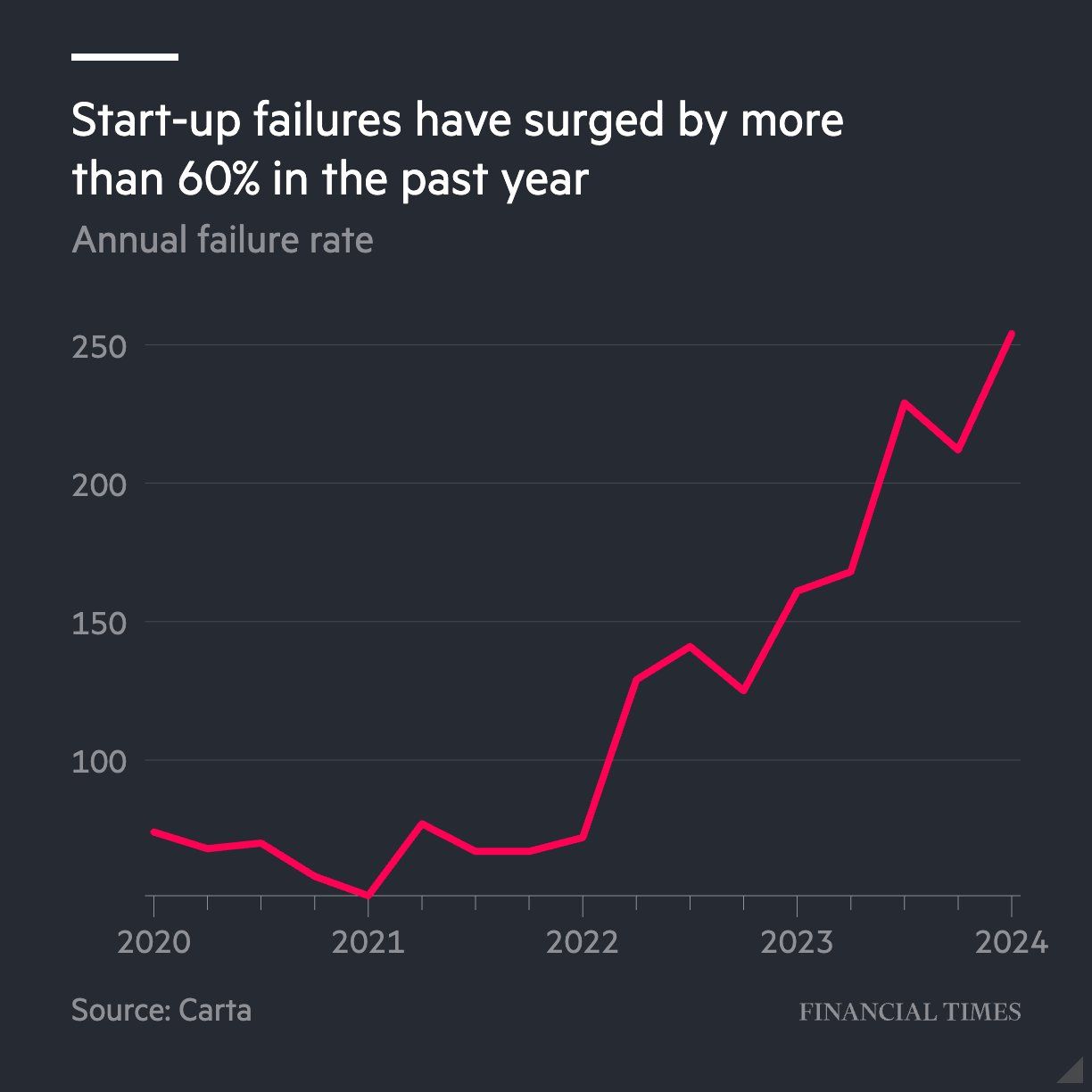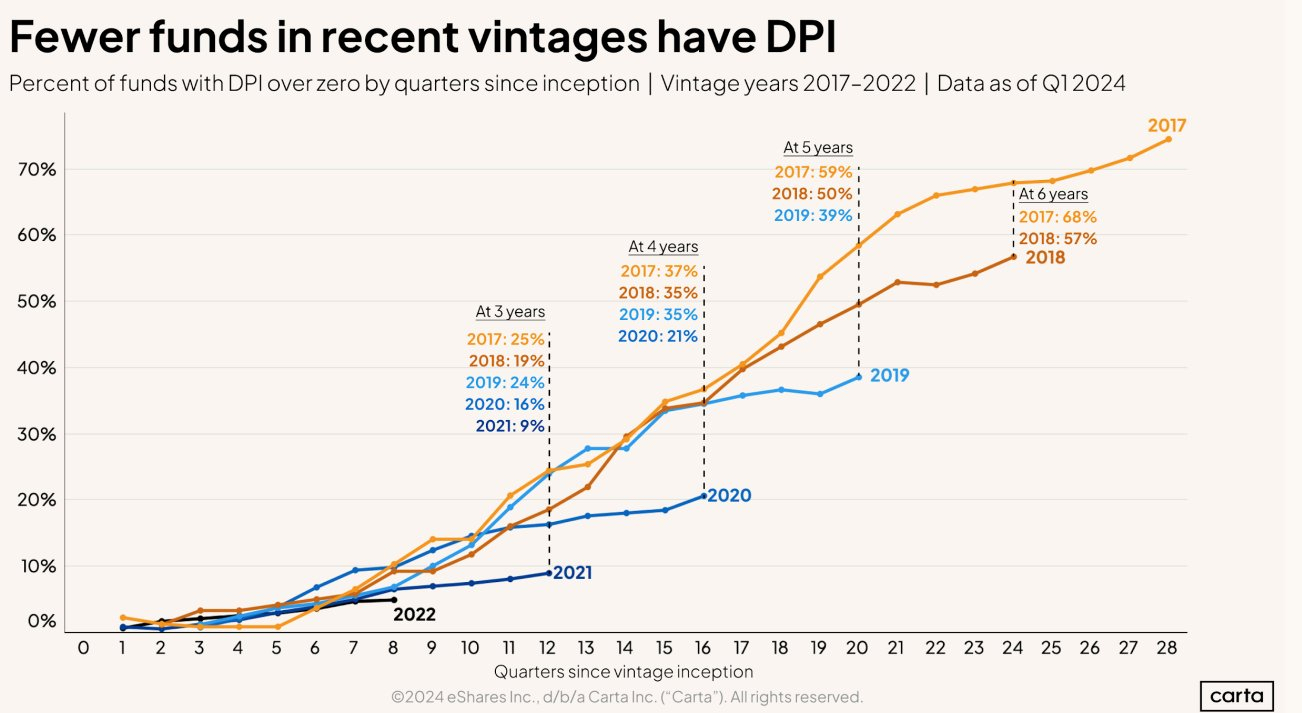
AI, IP, and the Anxiety of New Technology
Plus: Learn how to write with AI in 30 days
August 25, 2024
Hello, and happy Sunday! ICYMI, registration is open for our new course, How to Write With AI. Evan Armstrong will teach you how to do the best writing of your life using AI tools like ChatGPT, Claude, Spiral, and Lex—all in 30 days. Dan Shipper and Every’s new entrepreneur in residence Brandon Gell break the fourth wall and discuss how they created Spiral as well as our other AI tool, Sparkle, in a wide-ranging discussion about building an AI media and software company. Read on below.—Kate Lee
Was this newsletter forwarded to you? Sign up to get it in your inbox.
Knowledge base
"How to Write With AI" by Evan Armstrong: Ever dreamed of writing like a pro but felt stuck with a blank page? AI can get you there. Evan went from 25 subscribers to 75,000 using AI tools, and now he's spilling the secrets in a four-week course. Learn to use ChatGPT, Claude, Lex, and Spiral to supercharge your writing process. Early bird registration ends Tuesday, so register now.
🎧 "Building an AI Media and Software Empire" by Dan Shipper/Chain of Thought: We’ve been heads down for years, quietly building Every into a new type of company. In this podcast, new entrepreneur in residence Brandon joins Every CEO Dan Shipper in discussing Every’s master plan. We’ve tried to make a "creative playground" that combines high-quality content, paid subscriptions, and AI-powered tools. Read this for a behind-the-scenes look at how we’re turning Every into a calm, profitable business that's part media company, part startup incubator. Subscribers have access to the full transcript.
"Why I Avoided AI—And How I Finally Embraced It" by Rhea Purohit/Learning Curve: Even AI experts can struggle to use the tools they write about. In a new series, Rhea Purohit unpacks the psychological barriers that kept her from fully embracing AI in her work. From the comfort of familiar workflows to the uncertainty of new tech, she offers a relatable journey of overcoming AI anxiety. Read this for practical strategies to conquer your own tech hesitations and start reaping the benefits of AI in your daily life.
"The Mantra of This AI Age: Don't Repeat Yourself" by Dan Shipper/Chain of Thought: Forget the doomsday predictions—AI isn't coming for your job. It's coming for your boring, repetitive tasks. Dan argues that current AI technology is like having 10,000 Ph.D.’s at your fingertips, ready to handle anything they've seen before. Read this to understand how AI will free you up to do more interesting work, and why noticing where you repeat yourself is the key to leveraging AI in your career.
"Copy Rights and Wrongs" by Evan Armstrong/Napkin Math: Copyright laws weren't designed for robot Shakespeare, and now we're all scrambling to figure out who gets paid when the machines start churning out content. Read this to understand why the real issue might be less about legal jargon and more about cold, hard cash.
Fine tuning
The biggest entertainment property in the world is probably Roblox. This is a company more people should be paying attention to. It has 380 million-plus users—twice as many players as Fortnite—but because it started as a children's game, it gets less attention. The power law reigns supreme.
Walmart’s ad revenue is up 30 percent. We live in an attention economy, and perhaps the most valuable type of attention is the kind consumers have when browsing for toilet paper. Retailers are learning from Amazon’s ad business that if people come to your website, ads are a delightfully high-margin way to increase revenue. Expect every company that has a URL to eventually spin one up.
Google gets a back-alley shakedown for $125 million. Google helped destroy the business models for local newspapers (bad), so information about vital community services has gone poof (very bad). In response, California lawmakers made Google pay $125 million over five years to local publishers. New business idea: Build a crappy product no one wants to pay for, and rather than make a better service, just have the government take profit from your competitor. Google is no more responsible for the internet's destruction of local news then Ford is responsible for the end of the buggy business.
The story with Story
Intellectual property and its relationship to AI is far more complicated and important than most people realize. A key question is around tracking IP ownership and usage. Almost every AI company trains on copyrighted materials without permission from the owner under the defense of “fair use.” Whether that is true or not is up to the courts, but I went looking for companies trying to build a technological solution to a legislative problem. I found one called Story, a crypto company that puts IP on the blockchain that raised $80 million at a rumored $2.25 billion valuation. Because I have no idea what “IP on the blockchain” means, I asked founder Jason Zhao how they would stop AI companies from training on copyrighted content.
Q: Most training data is scraped regardless of terms of service under the guise of fair use. Is Story aiming to solve that problem? Or is there some other way you are looking to protect the IP?
A: Yes, this is the status quo. Story aims to address the issue of internet scraping in two ways: legal and technical. On the legal side, we've made it extremely easy to use our API to opt out of AI training, or to opt in but with specific economic terms associated in a programmatic, machine-readable way. For example, I can register my voice on Story and set terms for how AI could train on it, but if so, X percent of royalties would need to be shared. We're seeing precedent for jurisdictions such as the EU enforcing these opt-outs starting in 2025, but at the least, in other jurisdictions, we declare the creator's desired terms and make them far more explicit, and thus any violation more explicit as well. Reducing the friction for these declarations and making them machine-readable is a key step, and that's what Story does. On the technical side, we're partnering with platforms that help block scrapers, like tools such as Spawning. Just like SMTP required third-party spam filters to ultimately drive mass adoption, Story is a neutral protocol that partners with other technical solutions.”
The company won’t be putting the actual media on chain; instead, it “embeds IP-related metadata on chain, as well as the ability to execute and enforce the terms stipulated in that metadata.” Translation: The contracts and terms will be held on the chain, not the content itself. When I asked Zhao about whether anyone is actually using Story—a question that is too often neglected in startup-land—he replied with two: a “top foundation model company” and a collaborative art platform called Magma.—Evan Armstrong
Data mining
A 60 percent surge in startup failures is not a bad thing. The Financial Times published the following chart with this tweet: “The rate at which U.S. start-ups are going bust is more than seven times higher than in 2019, threatening millions of jobs and risking spillover to the wider economy.”
Source: X.
Showing the absolute number of startup failures without the denominator of total startups formed is a data hate crime. In 2021, the startup formation rate was the highest it had been in 14 years. A startup typically raises money every 18-36 months, so more startups funded in 2021-2022 would naturally result in more of them failing in 2024-2025. Carta, a platform for startups to manage their cap table, produced and published the dataset, which caused needless panic. The company also published this chart about DPI, or how much money venture capital firms have distributed back to their investors:
Source: X.
Roughly forty percent of the 2018 funds have not returned anything yet—i.e., they have yet to have a successful exit. This supposed failure is the industry working exactly as intended. The best companies take 10 years to develop. Many of the marquee companies of the last generation of startups (SpaceX, Stripe, Rippling, etc.) still haven’t gone public. As always, headlines are deceiving.—EA
Keyword extraction
Rhea Purohit, who wrote about overcoming her AI reluctance, shared one good read:
🖇 "Mental Strength in Judo, Mental Strength in Life" by Cedric Chin: “Cedric left his life behind for four months to train for a national Judo tournament, and he wrote this when he returned. As adults, we rarely seek out discomfort—even when we know it might lead to a meaningful outcome—and Cedric’s essay is my reminder to do just that. It’s also why you might hear me mutter, ‘It’s a matter of will, not a matter of skill,’ under my breath when I find myself in a physically demanding situation. (Disclosure: I work with Cedric on some projects but didn’t work on this piece.)”
Alignment
Write to remember. I consider myself a know-it-all who knows nothing: I read a lot but can’t recall specific facts and details. Worse, I'm left with a bunch of vague opinions, but zero recollection of the evidence or reasoning that led me to form them. That is, until I discovered Holden Karnofsky's brilliant essay on learning through writing. Karnofsky, the cofounder of charitable giving platform Givewell and director of AI strategy at Open Philanthropy, lays out a seven-step process for forming a coherent worldview with reasoned opinions. His method isn't rocket science, but it is surprisingly effective: You form your own premature hypothesis from the information you’re reading and ruthlessly list its weaknesses, and then switch sides. It’s not fun, because you’re forcing your brain to consider the “other side,” which we’re not hard wired to do, and you’re actively processing information rather than passively consuming it. But it works, because I'm getting better at remembering why I'm wrong.—Ashwin Sharma
Hallucination
What if Duolingo made Furbies for language learning?
Source: X/Lucas Crespo.That’s all for this week! Be sure to follow Every on X at @every and on LinkedIn.
Find Out What
Comes Next in Tech.
Start your free trial.
New ideas to help you build the future—in your inbox, every day. Trusted by over 75,000 readers.
SubscribeAlready have an account? Sign in
What's included?
-
Unlimited access to our daily essays by Dan Shipper, Evan Armstrong, and a roster of the best tech writers on the internet
-
Full access to an archive of hundreds of in-depth articles
-
-
Priority access and subscriber-only discounts to courses, events, and more
-
Ad-free experience
-
Access to our Discord community






Comments
Don't have an account? Sign up!